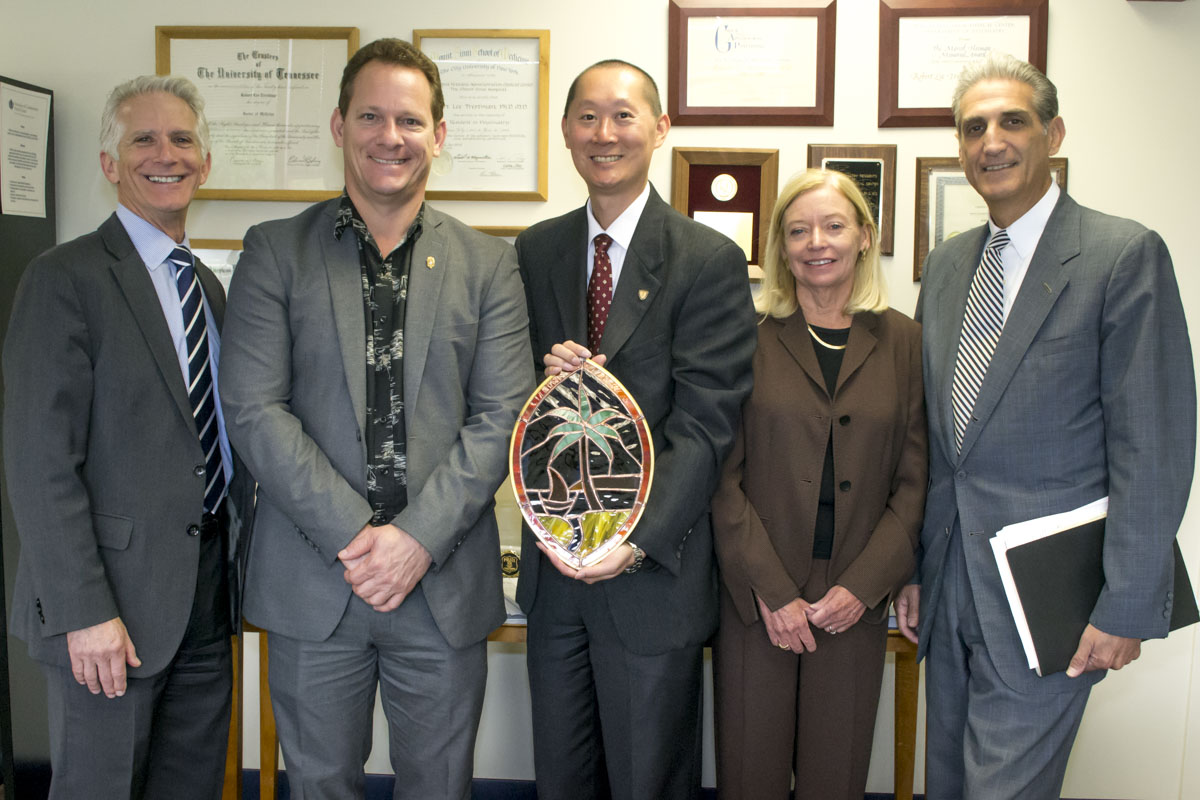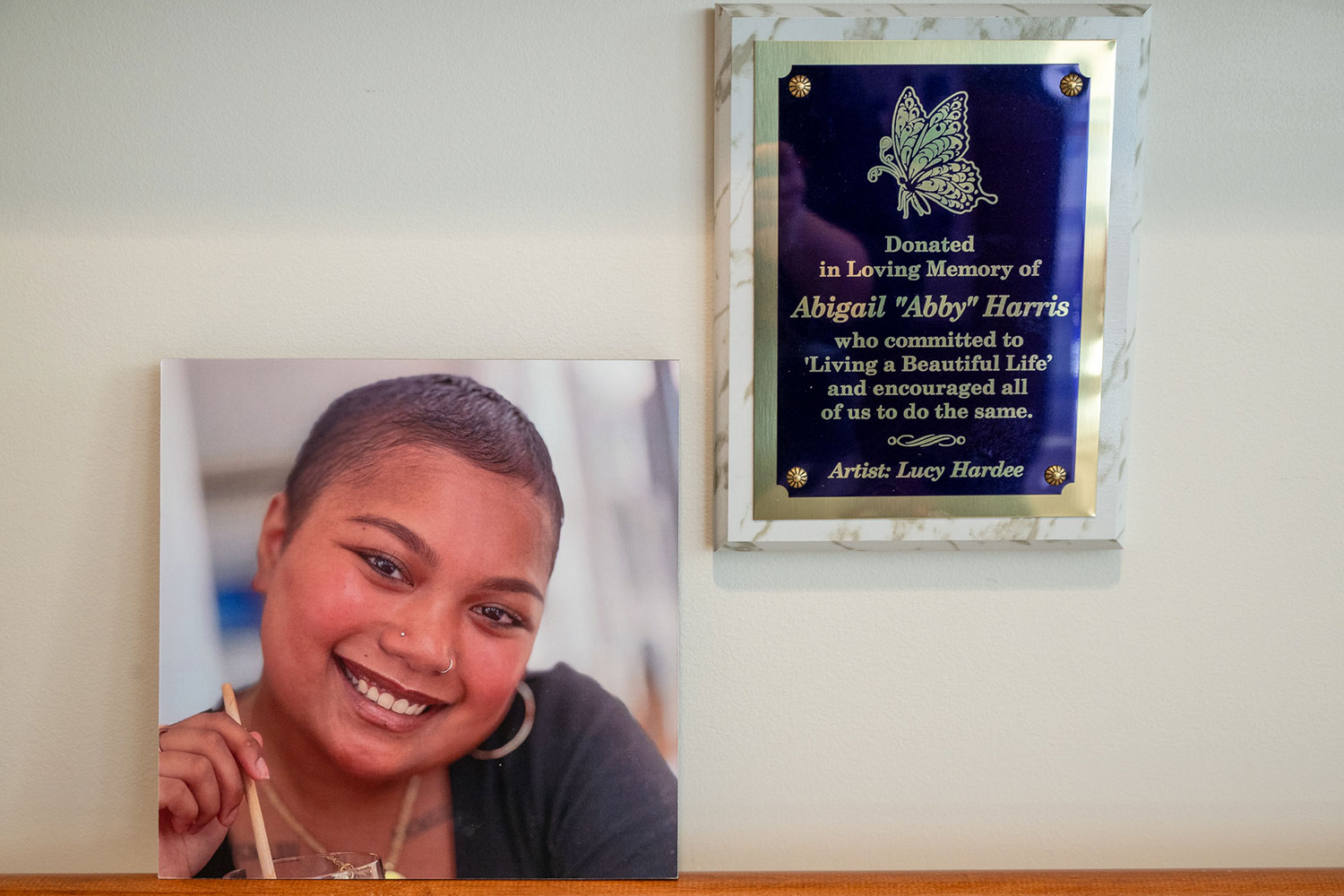
Looking to apply best practices to its correction system, the U.S. territory of Guam is tapping the expertise of Correctional Managed Health Care, the division of UConn Health that provides care to Connecticut’s inmate population.
This week, Guam Lt. Gov. Ray Tenorio visited with CMHC leaders and other state officials, and toured UConn Health and correctional facilities in Suffield and Hartford.
“Your state has made a lot of investments and has worked out all of the operational wrinkles,” Tenorio says. “There’s such a nice symbiosis between the inmates and the detainees and the correction officers and the nurses and doctors and all the other professionals who deliver those services. It’s a really good example for Guam to follow.”
Dr. Robert Trestman, CMHC’s executive director, says CMHC has had the benefit of a 20-year relationship with the Connecticut Department of Correction to develop one of the nation’s best health care delivery systems.
“We can support the facilities in Guam by bringing that expertise to bear in a fairly efficient way, and help them be able to leapfrog beyond a lot of the challenges rather than having to learn it themselves,” Trestman says. “As consultants we can work to support them. As colleagues and collaborators, we can learn in both directions some of the challenges and opportunities.”
CMHC’s relationship with Guam goes back nearly two years, when Guam Attorney General Elizabeth Barrett-Anderson brought in CMHC’s director of medical services, Dr. Johnny Wu, to help stave off a potential federal takeover of her prison system’s medical services.
“I was fortunate to be able to go out there and provide consultation services and oversee some of the changes that have gone on over the past year and a half, and I think at this point it is very likely that they’ll get out from under this judge’s order shortly,” Wu says.
As part of this, Wu has provided remote consultation via teleconference, a capability that Tenorio says offers much promise.
“You’ve got somebody in a room with a nurse or another doctor, and we can consult with expertise that we don’t have necessarily on the ground in Guam, or at the Department of Corrections, or Behavioral Health and Wellness,” Tenorio says. “We could potentially get huge benefit by getting access to the care, and meet the expectations and the needs for those inmates and detainees, or the people of Guam for that matter.”
Another vision for the future is an arrangement in which UConn medical, dental and behavioral health students travel to Guam to provide services for its correction system.
“It can be difficult for us to get the expertise we could use in Guam,” Tenorio says. “We have a relatively small population, we’re very remote from the stateside, and because it’s so far away, and people are accustomed to living and working in the States. It’s kind of hard to get people to come out to Guam.”
Tenorio says Guam has a population of about 180,000, and has about 800 inmates and detainees in its two facilities.
“The University of Connecticut has kind of been our coach in getting us to where we need to be,” Tenorio says.



